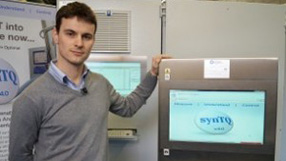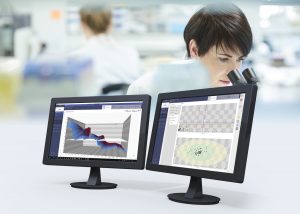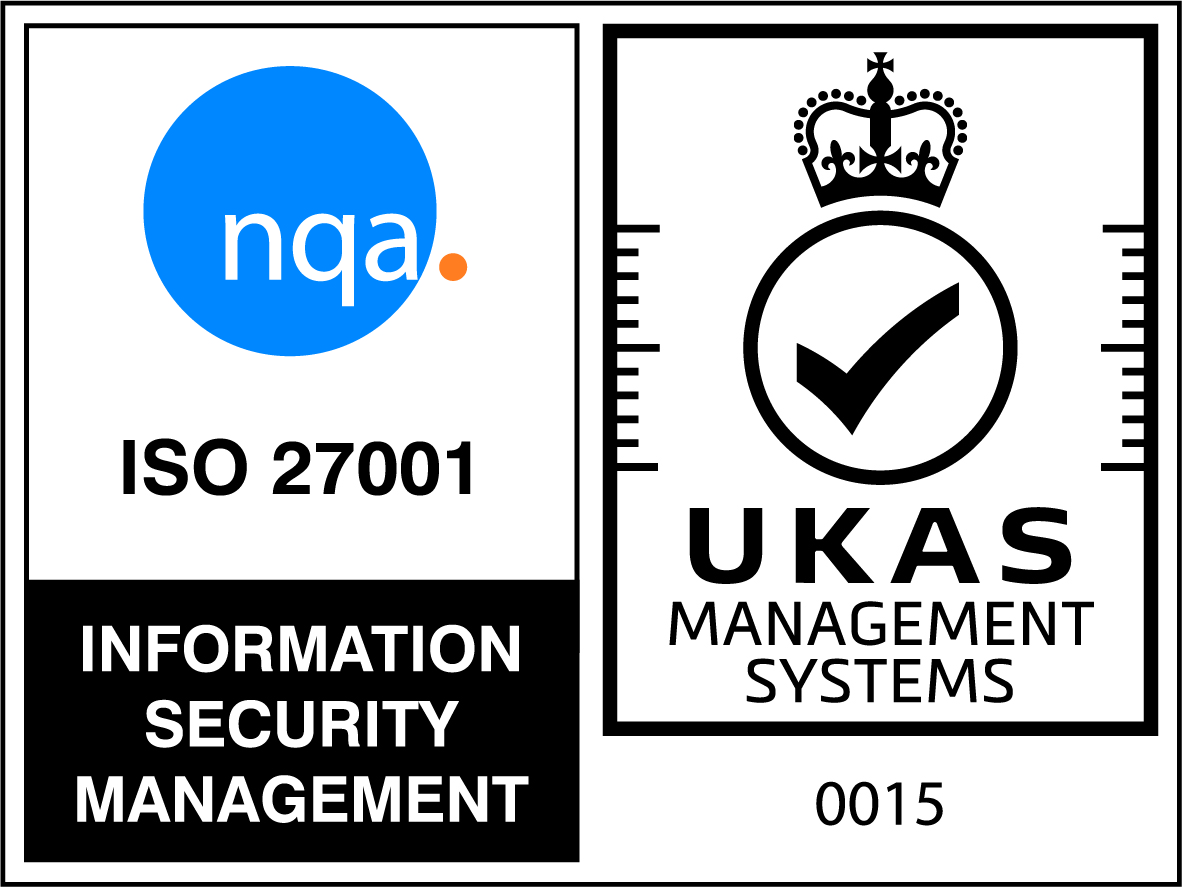
New whitepaper illustrates time savings in dry tablet production enabled by process analytical technology
The paradigm shift towards continuous manufacturing currently taking place in pharmaceutical manufacturing has gathered further pace – due to a recently published whitepaper by Prof. Ravendra Singh of Rutgers University.
The new paper entitled ‘New scopes of PAT for real time advanced control of continuous pharmaceutical manufacturing process’, outlines how continuous manufacture of tablets can be achieved via automatic feed-forward/feed-back control of the process based on real time product quality attributes – paving the way for further uptake of the technology by the global pharmaceutical majors.
manufacture of tablets can be achieved via automatic feed-forward/feed-back control of the process based on real time product quality attributes – paving the way for further uptake of the technology by the global pharmaceutical majors.
Process Analytical Technology (PAT) allows pharmaceutical products to be produced continuously on a production line, enabled by the use of multivariate models that predict product quality attributes during manufacture, this information allowing you to control the process to optimise product quality whilst also shortening production times. Users of PAT have seen production times slashed by utilising the technology, drastically reducing the time to market for pharmaceuticals.
Prof. Singh selected Optimal Industrial Automation’s synTQ proprietary PAT data management tool in constructing a continuous tablet production pilot plant at Rutgers University. Prof. Singh and his team used a NIR sensor coupled with synTQ in the pilot plant, which allowed the team to ‘obtain a precise pre-defined end-product quality of a pharmaceutical product, as mandated by regulatory authorities’.
Real time monitoring of powder bulk density, drug concentration and blend uniformity were successfully carried out to enable the optimisation of the finished tablet product.
With the concept demonstrating proof that PAT can provide such results, uptake of PAT monitoring software such as Optimal’s synTQ by manufacturers is expected to rise.
Manufacturing products for the pharma and life science industry is notoriously difficult, due to the stringent testing required at every stage of production to ensure a high quality product together with regulatory compliance. By offering real time quality control of in-process product, PAT systems such as synTQ provide total and holistic product quality assurance, with any suspect product being automatically detected and rejected from the line. Furthermore, all data is permanently recorded, this being reported on to provide the necessary reporting for regulatory compliance. By streamlining the testing and manufacturing process, reduced lead times and increased profitability can be achieved for manufacturers.
End users of synTQ have already reported production times reduced from weeks to hours – with PAT now revolutionising what were typically extended production processes.
‘New scopes of PAT for real time advanced control of continuous pharmaceutical manufacturing process’ by Prof. Ravendra Singh is available for download on the Optimal website.



